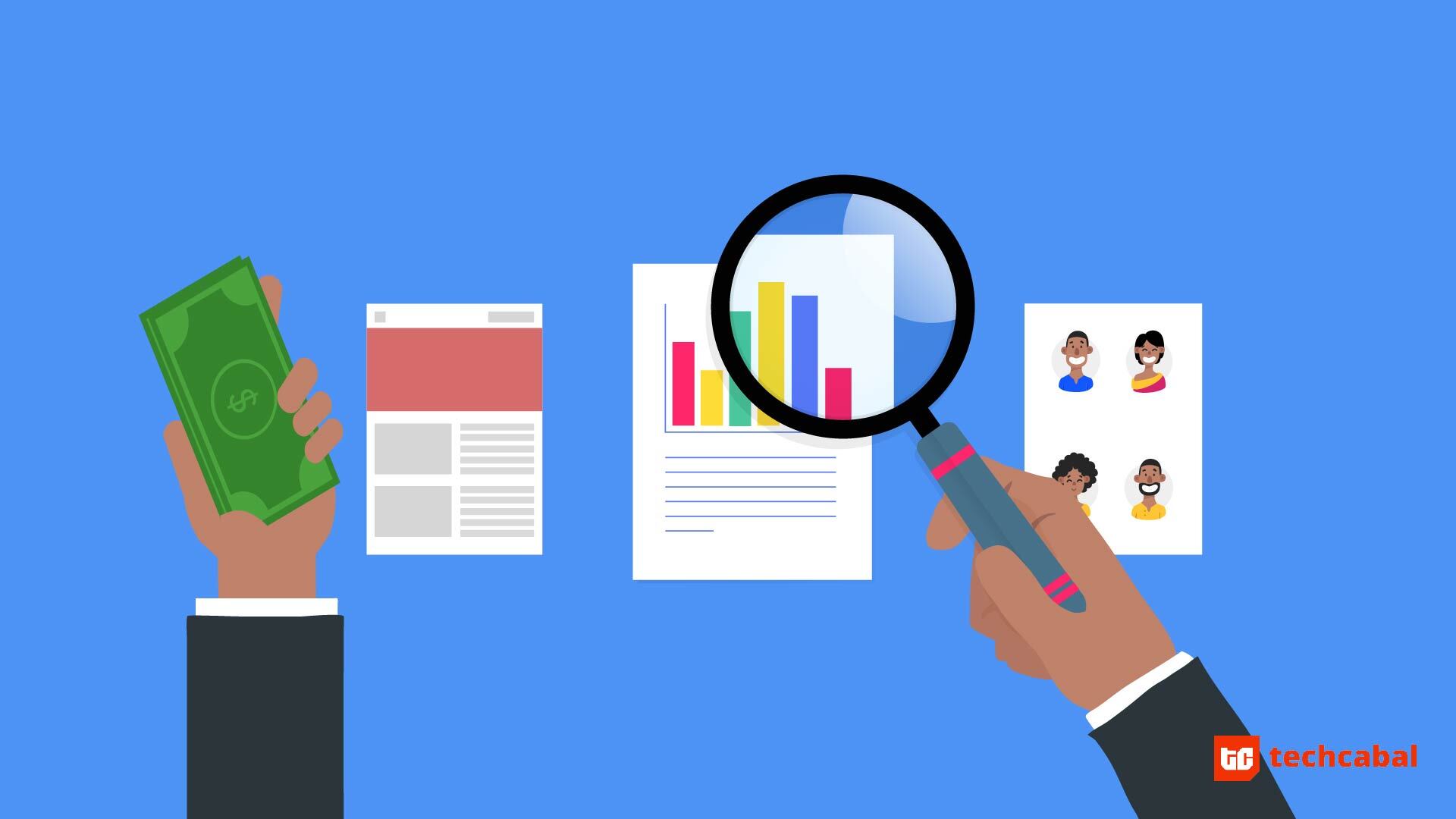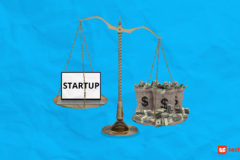You are reading Factsheet, our series of specific guides on experiencing and using technology platforms in Africa. Whether you are looking for knowledge on getting your African film on Netflix, raising a seed round or finishing an online design course, we are covering all that.
—
A partner at a venture capital firm likes your product and has a good feeling about what it could become.
After a couple of chats and a drink at a poolside bar, she is comfortable with your personality. There’s an inclination to invest in your startup.
Depending on the firm, a formal pitch may not be necessary. After all, your startup is just getting off the ground. But at this point, all you have is an indication of interest.
To walk their talk, the firm will ask to begin a due diligence process. That’s when an investment is indeed in motion.
Venture capital firms are attracted to an investment on the basis of the business case a founder makes. It’s for the founder to sell an imagination, and it’s for the firm to verify how realistic the dream is by undertaking due diligence.
Think of it as a subscription to a postpaid internet broadband plan. No matter how great the advertisement or how affable the marketer, you have a duty to be sure that you will get good value for your investment.
For the venture capitalist, the need for diligence is even more: the money is someone else’s.
Due to the fact that venture investment in tech isn’t as developed in Africa as in other startup ecosystems, there are only a handful of firms operating in the very early pre-seed stage.
Some seed to growth stage firms may take a chance on pre-seed companies. Such deals could involve a famous founder riding on his antecedents to start a new venture, or an entrepreneur crossing from one sector where he’s known to have an established network to new tech ventures.
For new founders, the dedicated pre-seed funds represent the best chance of early funding. They have more bandwidth and patience to put in the first money and help shape initial market penetration strategies.
While these are typically small firms that do not expend lots of resources on due diligence, it is still a cornerstone of investment. Firms differ in their particulars, but here are the basics every startup founder should prepare for.
Background check: Founder-product fit
Firms who buy into a startup’s vision seek out assurances of the founding team’s accountability, integrity and executive capacity.
This could be done by going over aspects of your origin story and professional claims with references, or communicating with people you have worked with in previous endeavors.
A motivation for this background check is not necessarily to uncover or clarify misdeeds through some FBI-style investigation. The main aim is to ensure that there is a consistent pattern of behaviour to suggest a capacity to execute on the idea.
Founder-product fit is the less heralded block of the founder-product-market fit blockchain, but it is not any less necessary. Ideas are a dime a dozen but implementation is not evenly distributed.
Potentially rocky times (like a pandemic, or recession) means firms have to consider a founder’s disposition to adversity.
Adaptability, flexibility and dynamism are all key indicators of capacity as Tokunboh Ishmael, co-founder and managing director of Alitheia Capital, says.
Industry/Market and commercial diligence
Through a mix of desk research and interviews, the firm verifies claims made by the founder about the addressable market and the competition.
Depending on the market size, interviews with customers to get feedback may be undertaken.
Claims made on contracts and sales figures will typically be checked too. So if you say you have got 1,000 users and $4,000 in recurring deals, be sure to expect the firm to speak with a few of your clients/users.
Technical diligence
When you say “we use AI” do you actually use AI?
Like the “I’m competent with Excel” claim on job applications, founders are often tempted to chip in an overstatement or two in their pitch to investors. AI is arguably the biggest trend of the moment, used by startups to signal predictive capabilities.
Good for you if indeed your product relies on machine learning but be ready to have a technical member of the firm’s team take a look at your claim. Where there isn’t one on staff, some firms may consult a third-party specialist to help evaluate products in emerging sectors.
But that will most likely happen in deep-tech sectors. Otherwise, it is typically too early an investment stage for external parties. Firms would not want to put too much extra cost for small ticket investments.
Legal
The other major category of due diligence, which is by no means the least, involves legal documents, from articles of company incorporation to shareholder and stock documents if you have already issued stocks. VC4A has a checklist of legal and accounting documents that covers the breadth of what deals in the seed stage would require.
How long does this take?
A due diligence process for per-seed investments could take anywhere from two to four months.
Investors know founders, especially experienced ones, will try to create a bit of FOMO (fear of missing out) during this process by creating an impression that there are other suitors, as well as by putting in more effort to increase user metrics.
It is not uncommon for firms to wait a little in order to ascertain the organic traction a business has. Of course this comes with the risk for them that the founder indeed finds a more favorable off-taker mid-process and goes with them.
Deal terms are typically agreed before the due diligence process begins but that doesn’t mean some deals don’t fall through during the process.
In all, founders can dictate the pace of the process by nudging the investor along towards a final decision. At the same time, it will also be obvious when the investor’s interest has begun to wane. That would not mean the business isn’t viable, but it could be time to look elsewhere.





















